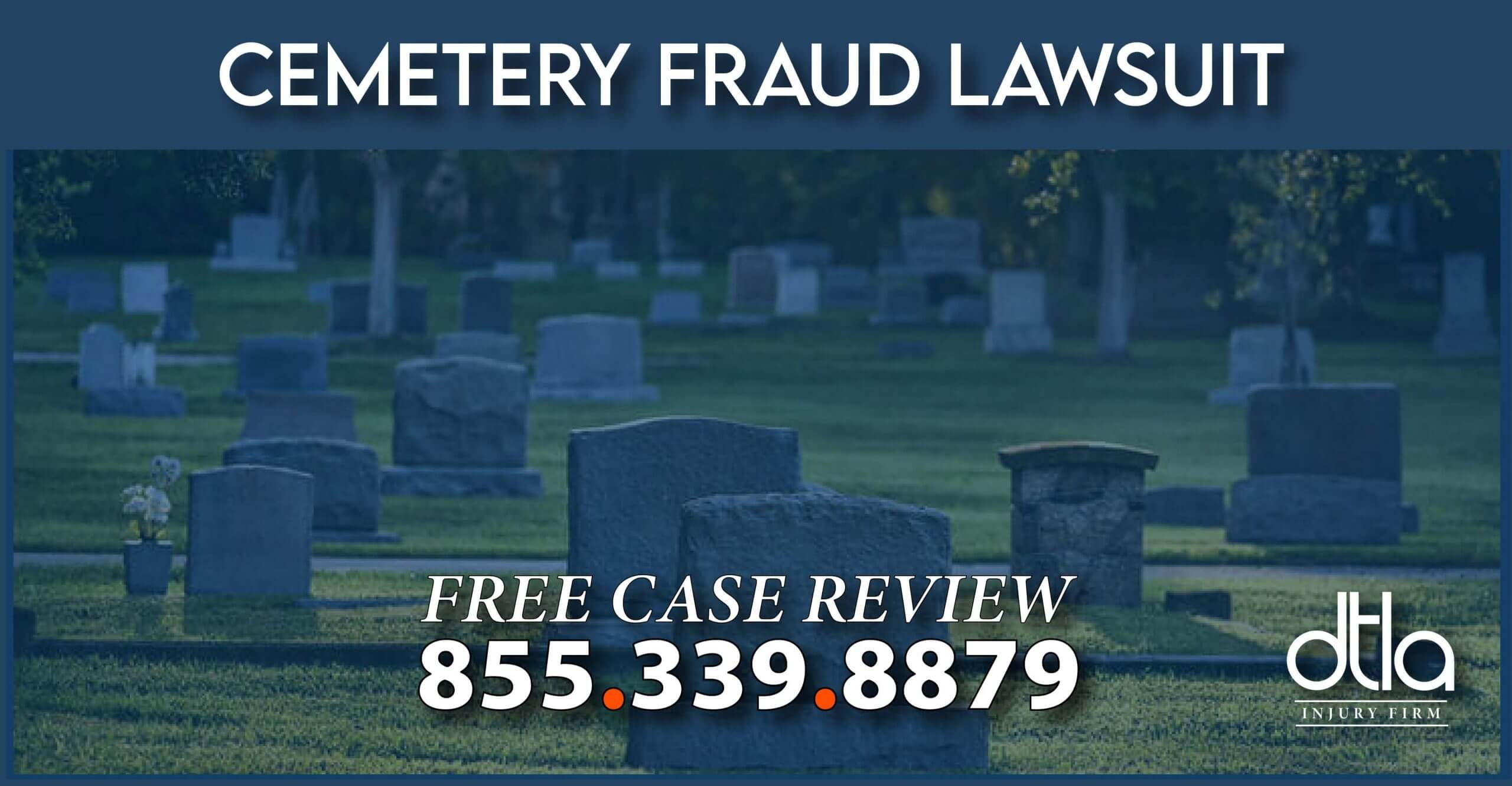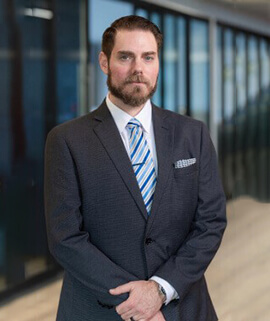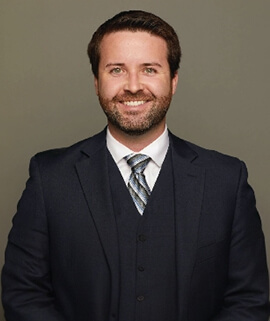Mishandling of Remains Lawsuit | Body Desecration Funeral Claims
 Special rituals and practices towards the burial of loves ones is a significant element in the grieving process. Unfortunately every year thousands of family members of the deceased suffered grievous emotional trauma from finding out that the bodies of those buried have been mishandled, misplaced, or their graves desecrated. Family members and loved have a right to file civil claims against cemeteries, crematories, and funeral homes who have improperly handled the bodied of the deceased. The most common causes of action against defendants in mishandling of remains cases include
Special rituals and practices towards the burial of loves ones is a significant element in the grieving process. Unfortunately every year thousands of family members of the deceased suffered grievous emotional trauma from finding out that the bodies of those buried have been mishandled, misplaced, or their graves desecrated. Family members and loved have a right to file civil claims against cemeteries, crematories, and funeral homes who have improperly handled the bodied of the deceased. The most common causes of action against defendants in mishandling of remains cases include
- Negligence,
- Intentional infliction of emotional distress,
- Breach of contract,
- Fraud
- Misrepresentation
Emotional Damage from Mishandling of a Family Members Body During Burial Process
Emotional distress is the often then most significant aspect of a cemetery fraud lawsuit. California court recognize the severe emotional distresses that can be brought upon family members of the deceased who are already bereaved by the death of a loved one. Family members who have the right to file a civil action for cemetery fraud may include- The surviving spouse (ie husband and wife)
- Children of the deceased
- Surviving parents
- Adult siblings
- Competent adult in the next degree of kinship
Our Recent Verdicts And Settlements
$500,000
Premises Liability
$600,000
Shoulder Injury
$599,000
Slip and fall accident
$420,000
Back Injury
$460,000
Back Injury
$360,000
Street Defect
$300,000
Premises Liability
$310,000
Auto Accident
Common Examples of Mishandling of a Body in Morgues and Cemeteries: There are numerous negligent actions by cemeteries regarding the mishandling of a body. Some common examples are as follows
- Giving the wrong remains of a loved one after cremation
- Stealing of a casket after burial or changing a casket to a less expensive one
- Burying of the wrong body
- Sale of body parts
- Placing more than one body in a casket
Like This Article? Get Monthly Updates FREE!

By submitting this form, you agree to receive telephone calls and text messages at anytime, which include hours outside of business hours (8:00 am PST – 9:00 pm PST). This is so that we may reach you as soon as possible in order to consult on your potential case.



















